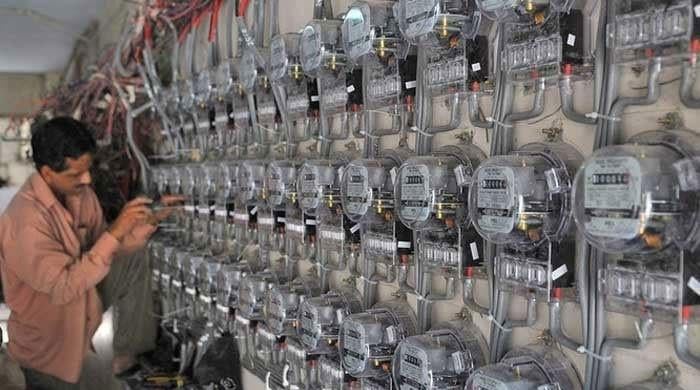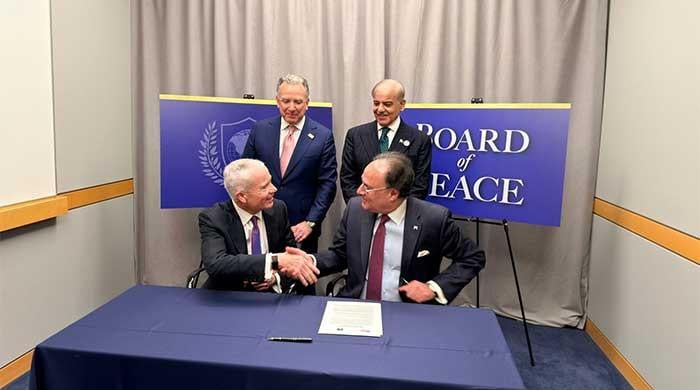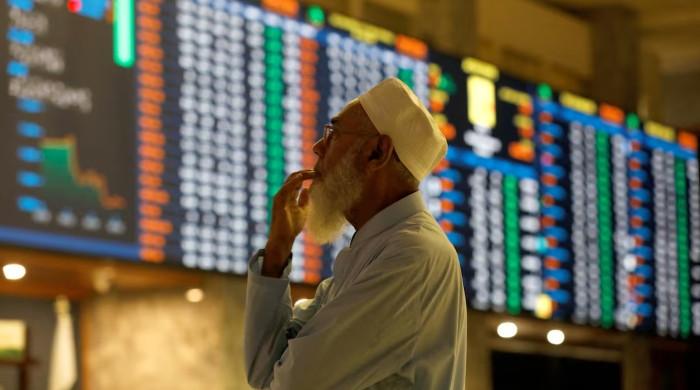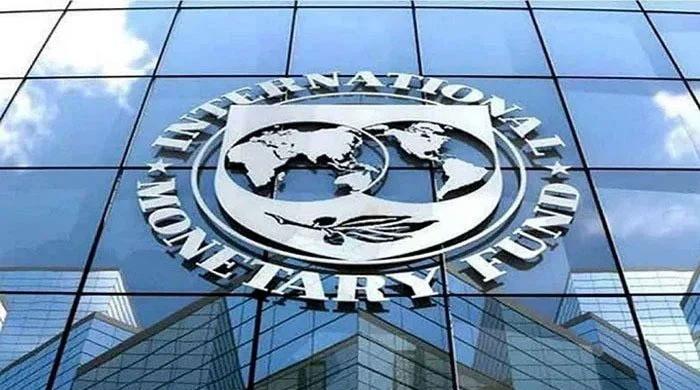Rupee expected to be in narrow range next week
Trader says market expects rupee to stay rangebound in short to medium term due to IMF deal
July 28, 2024
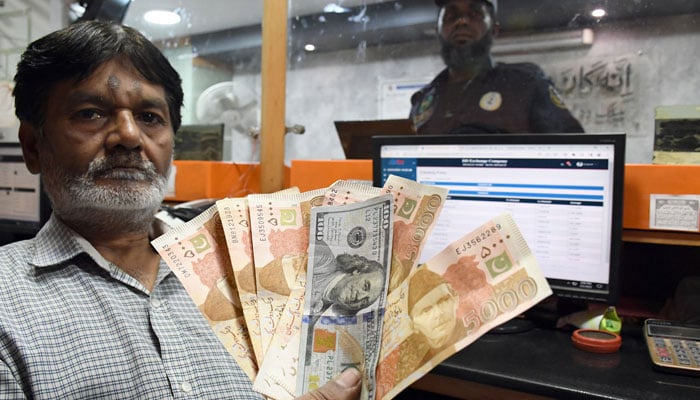
- Market focuses on SBP's interest rate decision.
- Analysts predict 100-bps reduction in MPC meeting.
- Local currency closes week at 278.33 against dollar.
KARACHI: The rupee is expected to remain in a narrow range over the next week as the market focuses on State Bank of Pakistan’s (SBP) interest rate decision, traders said.
“The range-bound movements in the rupee that have been present this week, in our opinion, will continue as the market waits for the SBP monetary policy announcement, which is scheduled on Monday,” said a foreign exchange trader.
“If the SBP’s monetary policy committee (MPC) lowers the policy rate by 100 basis points (bps) as is widely anticipated, we do not believe that the local currency will see any volatility,” the trader added.
"Due to a deal with the International Monetary Fund (IMF) for a fresh $7 billion loan, the market expects the rupee to stay range-bound in the short to medium term,” he said.
In the interbank market on Monday, the rupee ended the day at 278.3 per dollar. On Wednesday, it lost ground and closed at 278.5 against the dollar; but, on Friday, it closed at 278.33.
Tresmark in a note said that despite the significant improvement in inflation, analysts are predicting only a 100-bps reduction in Monday’s MPC meeting.
They argue that inflation, although lower, is still above average norms, deficits remain high, currency stability is crucial, and global interest rates, especially those set by the Fed, are expected to stay elevated. Larger-than-average fiscal deficits are skewing debt supply versus investor demand, leading to higher premiums. This noise causes discrepancies between actual and fair value.
“In our view, the primary reason policy rates remain elevated is due to a pronounced fear of another inflation surge and a need to maintain currency stability, which is a key performance metric for the government,” it said.
Tresmark’s note states that the rupee experienced some negative events, such as the SBP’s foreign exchange reserves declining by a substantial $397 million and Pakistan's programme agenda being left out of the IMF Board meeting. Despite these challenges, exporters continued to sell dollars forward up to the two-month tenor (but not beyond that), keeping the rupee essentially stable.
“It appears that authorities recognise the currency as a significant optic in domestic politics and are doing everything to keep it stable,” it said.
“However, as soon as the government pushes for growth, the rupee would likely depreciate. It seems the government is waiting for IMF programme approval before making this move.”
"The IMF programme’s approval is dependent on ongoing rescheduling negotiations with China,” it added.
Originally published in The News






